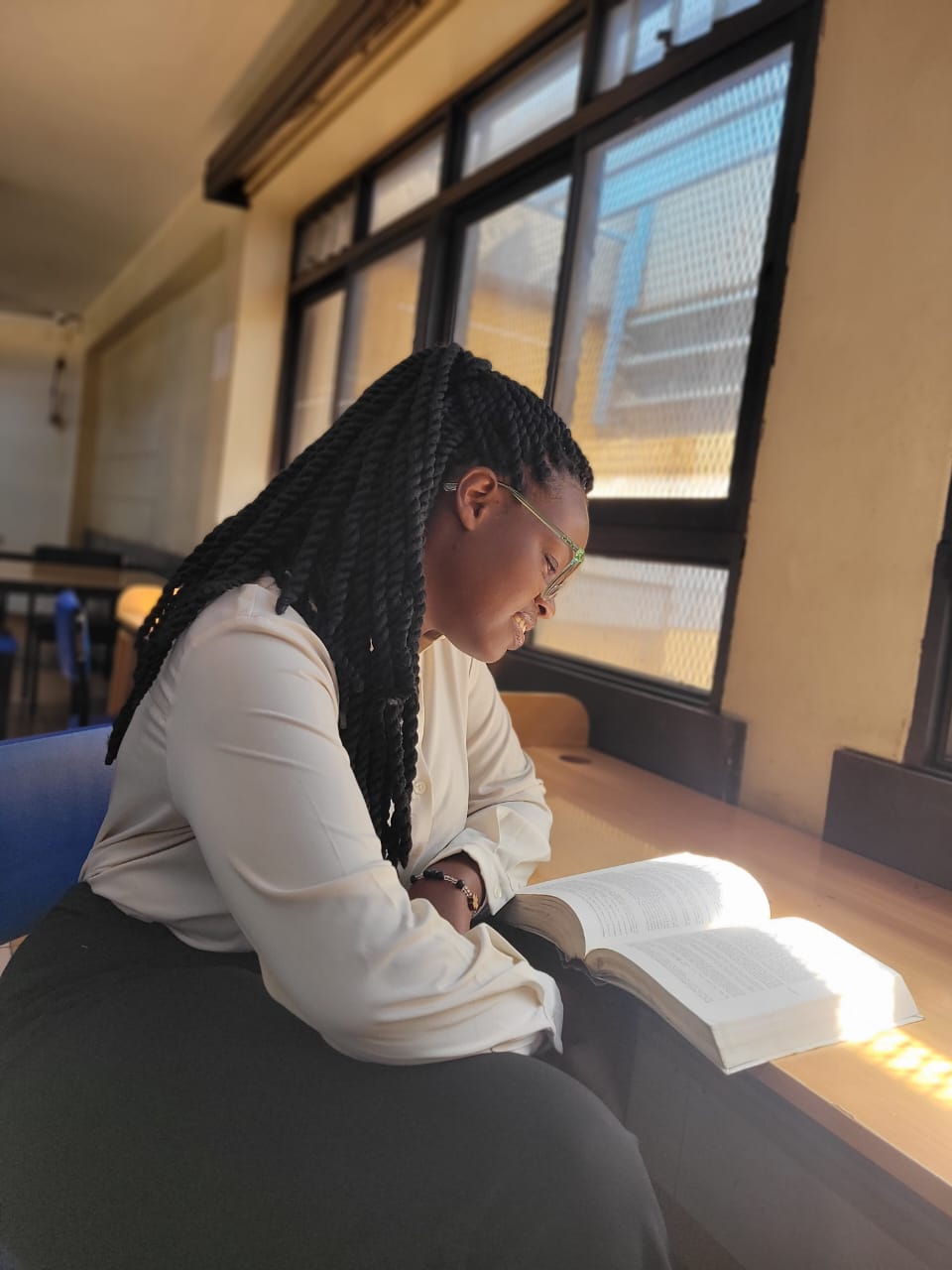Reading is more than an academic task; it’s a personal retreat. When she opens a book, the world around her slows down. Noise fades, thought becomes clear, and the light through the window highlights a moment of quiet growth.
In an age where the media constantly demands attention, silence becomes a powerful act of self‑preservation. The book is not just information; it’s an invitation to reflect. Every word becomes a conversation with oneself. Knowledge is absorbed while identity is shaped. Here, discipline meets curiosity, and learning turns into empowerment.
To read is to return to oneself, to choose depth in a shallow world. In these quiet moments, the most powerful growth often happens in silence.
Many readers describe this quiet power. Emma, a university student, said, “Reading is like breathing in after a long day of holding your breath. When everything online feels fast and loud, I open a book and suddenly I’m alone, but not lonely.
The quieter it gets, the more I can hear myself think.” Similarly, Leila, a high school senior, admitted, “When I was younger, I used to read to escape. Now I read to understand. I used to look for stories that took me far away, but lately I’ve been reading books that help me see where I am — who I am.”
Educators also see the benefits of reading in silence. Mr. Alvarez, a literature teacher, explained, “Students often tell me they don’t have time to read.
But reading isn’t about time — it’s about presence. When they finally slow down enough to listen to a book, they discover parts of themselves they didn’t know were missing.” He describes his classroom as “a small rebellion against noise,” encouraging students to treat each book as a mirror — a reflection of their own questions, not just someone else’s answers.
Research supports this trend. While access to books and literacy has improved globally, major gaps remain. According to UNESCO, more than 617 million children and adolescents worldwide are not achieving minimum proficiency in reading and mathematics.
Literacy is described as a vital “capability” for individuals to “lead the kind of life they have reason to value.” Additionally, early reading and strong reading habits have long‑term benefits: the Progress in International Reading Literacy Study (PIRLS) found that good readers hold an advantage in digital literacy and overall academic performance.
In Rwanda and across Africa, the digital age is affecting how young people read and form identities, making the quiet practice of reading even more important.
Reading is not inherently academic or dry; used well, it becomes a dialogue with oneself. In a world full of noise, the pages of a book remain a place of silence, discovery, and personal transformation.




